International expert: Vietnam 'bears the brunt' in US-China confrontation
(Baonghean.vn) - After an unusual three-day diplomatic show to Beijing, US President Donald Trump's presence at the Asia-Pacific Economic Cooperation (APEC) Summit in Vietnam on November 10 is proof that tensions continue in the battle for power in the Asia-Pacific.
In a tough and confrontational speech in Da Nang, Mr. Trump accused countries in the region of trade abuses, which the United States would no longer tolerate, and pledged to “always put America first.” The American leader’s tone was in stark contrast to that of Chinese President Xi Jinping, who spoke after Mr. Trump. While President Trump has not supported globalization, President Xi has asserted that the trend is “irreversible.”
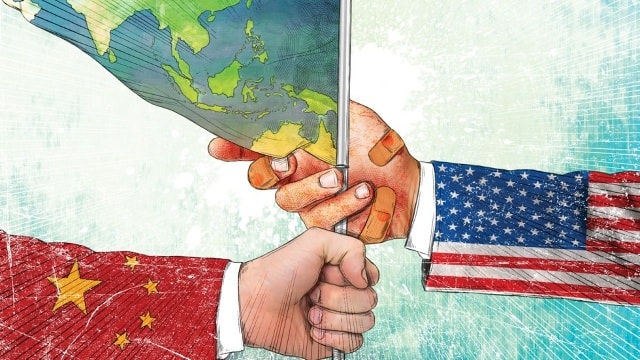 |
| Experts say the US understands the consequences of isolating an important economic region like the Asia-Pacific. Photo: AP |
Concerned about the open confrontation between the world’s two largest economies, Asian countries have been closely watching President Trump’s first visit to China, trying to decipher Beijing’s complicated love-hate relationship with Washington, and the personal interactions between the two countries’ leaders. But the US president’s visit to Beijing has surprised many, with the event remaining largely uneventful.
With President Trump praising President Xi as a great leader and a friend he respects, observers predict that the good personal relationship since the two leaders first met at the Mar-a-Lago resort in Florida in April could help the US-China relationship overcome uncertainty and tension.
However, observers say this personal relationship is unlikely to change the geopolitical context of structural competition stemming from the relative decline of the US and the rise of China.
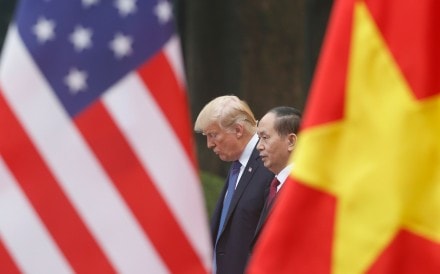 |
| US President Donald Trump and President Tran Dai Quang. Photo: AP |
“The competition for influence in Asia is real and is likely to intensify,” said Timothy Heath, a senior fellow at the RAND Corporation, a global policy think tank. “The future of the global economy will revolve around Asia, and the United States cannot ignore it.”
“The United States will remain an important player in ensuring peace and stability in a region rife with historical animosities and instability,” Mr. Health stressed.
Expert Alexander Vuving of the Daniel K. Inouye Asia-Pacific Center for Security Studies in Honolulu (USA) commented: "The dual approach of many countries in the region, both strengthening economic relations with China and strengthening relations with the US in terms of security, will cause more problems than benefits for them in the future."
On Beijing's side, international affairs expert Pang Zhongying said that the White House's stance on a vague concept of the Indo-Pacific and a US-led quadrilateral alliance (including the US, India, Japan and Australia) aimed at China is an alarming move and could become a new obstacle in the relationship between Beijing and its Asia-Pacific neighbors.
“This may remind Beijing of former US President Obama’s Asia pivot policy, which was aimed at China – just with a different name,” Mr. Pang said.
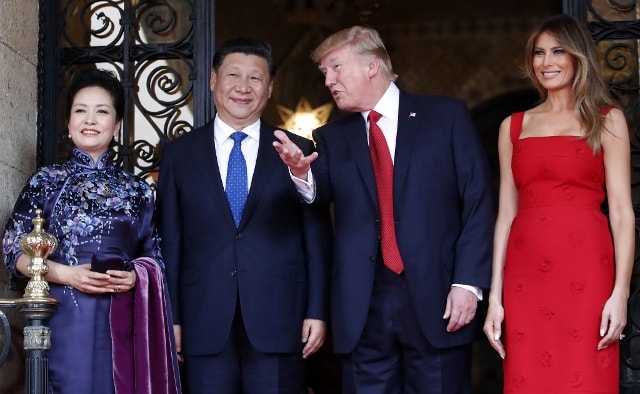 |
| While President Trump is not a supporter of globalization, President Xi has asserted that the trend is “irreversible.” Photo: Getty |
With the increased competition between Beijing and Washington, most small countries in Southeast Asia will have to heighten their vigilance and try to avoid major confrontations in the region, said Jay Batongbacal, a maritime law expert at the University of the Philippines.
Observers also believe that Vietnam, the only country to speak out against China in the East Sea dispute over the past year, is also "taking the brunt" of the competition between Beijing and Washington.
Expert Vuving said: “Vietnam currently has no choice. The country has had to seek help from member countries (Association of Southeast Asian Nations - ASEAN), but the US, Japan and India are still important factors that can help Hanoi counterbalance China's influence.”
According to analysts, Asia's instability and lack of trust among most governments in the region have contributed to increasing tensions and confrontation between the two major countries, China and the United States.
Professor Carl Thayer, a research expert on Vietnam and Southeast Asia at the Australian Defense Force Academy, added that in the eyes of Southeast Asian countries, President Trump's isolationist approach has passed the "command baton" to President Xi, and is a sign that the post-war era of US primacy has almost ended./.
Lan Ha
(According to SCMP)
| RELATED NEWS |
|---|


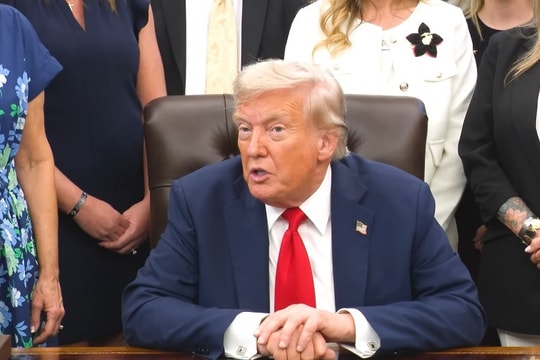

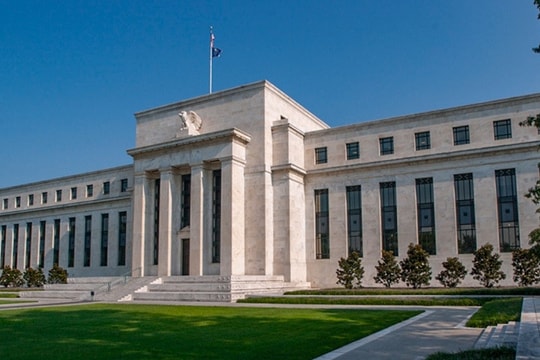
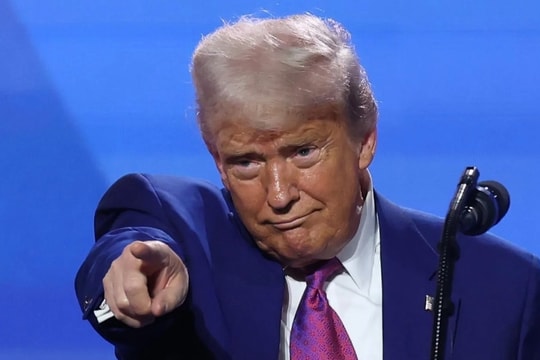
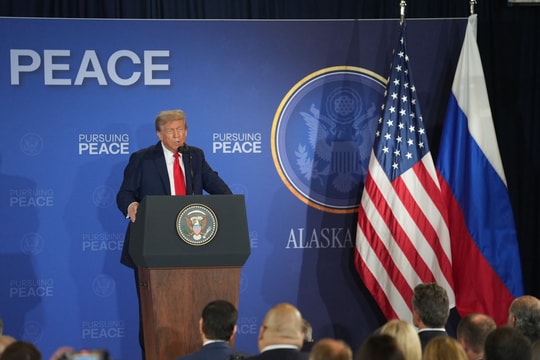
.jpg)
